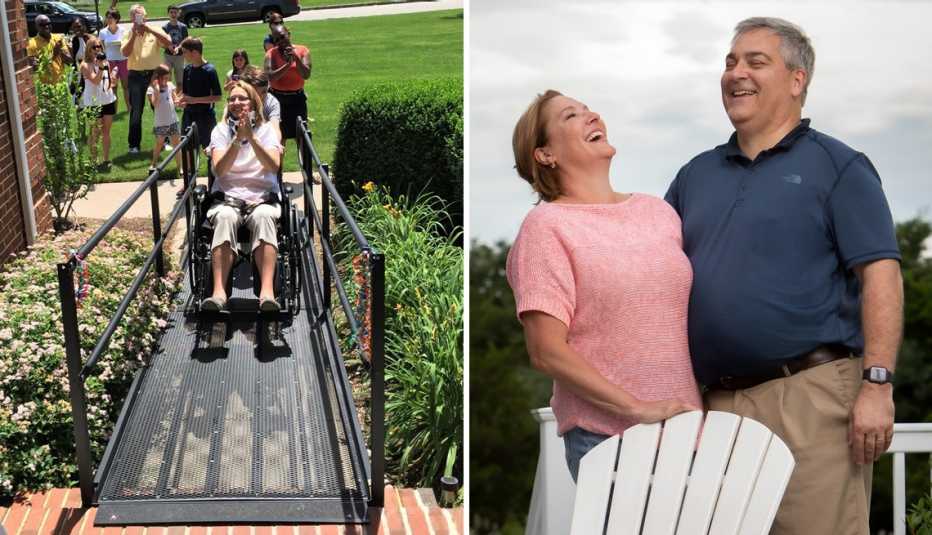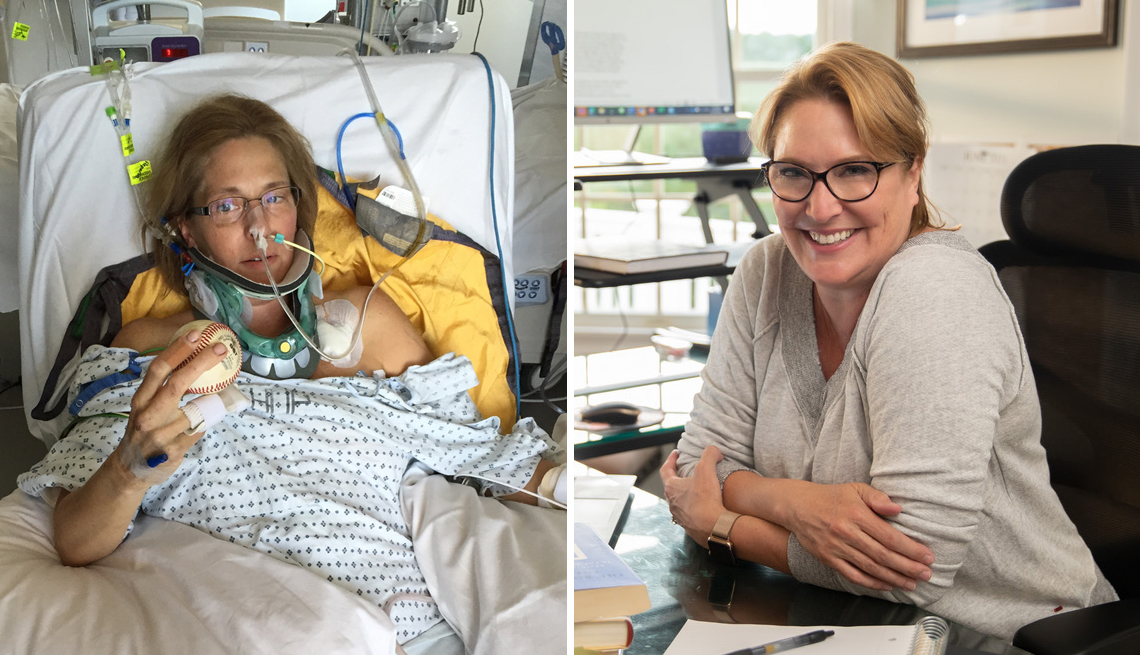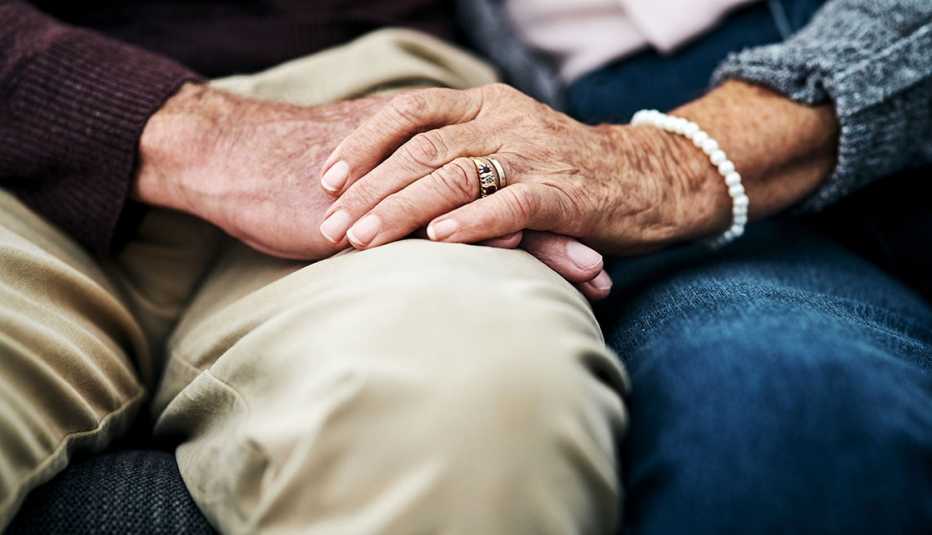Staying Fit
In the evening of May 12, 2015, Geralyn Ritter, 54, was eager to get home to her husband, Jonathan, 56, and three sons in New Jersey after a meeting in Washington, D.C. As an executive at Merck & Co., Geralyn loved traveling the globe as part of her role in the humanitarian health care arena.


As Amtrak train 188 approached Frankford Junction, the sharpest rail curve in the Northeast Corridor in Philadelphia, it began to speed up instead of slowing down. By the time the conductor pulled the emergency brake, it was too late. The train broke free from the rails, going 106 miles per hour on a curve designed for a maximum of 50. Geralyn was thrown from the train’s first car with such force that her organs were rammed up into her chest, rupturing her diaphragm and bladder, collapsing her lungs, destroying her spleen and lacerating her intestines. Her pelvis was broken in half, ribs were broken and there were multiple fractured vertebrae in her neck and back.


AARP Membership— $12 for your first year when you sign up for Automatic Renewal
Get instant access to members-only products and hundreds of discounts, a free second membership, and a subscription to AARP the Magazine.
Her orthopedic surgeon later said that if someone had told him about a patient coming in with her injuries, he would have asked, “When did they die?” A brief distracted moment on the conductor’s part resulted in one of the worst rail disasters in America, killing eight passengers and injuring more than 150 people.
A spouse’s trauma
Jonathan Ritter was watching CNN when the news alert popped up. He immediately kicked into action, calling Geralyn’s phone and getting no answer. A friend drove him to the crash site and when he arrived, he was horrified at the wreckage.
“I remember hoping that she would ‘only’ be hurt, because the alternative was unthinkable,” Jonathan says. He headed to the hospital, still uncertain if his wife was alive.
When he first saw Geralyn in the hospital bed, she was so unrecognizable that he was sure it wasn’t her until they showed him a plastic bag with a watch he had given her.
“The doctors spoke to me rapid fire as they described her injuries, the surgery and the danger she was facing,” recalls Jonathan. “I was too shocked to take it alI in, thinking of all the people who didn’t know what was happening and the calls I had to make.”


The isolation of healing
Over the next few weeks, Geralyn remained in intensive care, breathing through a ventilator and enduring multiple marathon surgeries as her prognosis gradually improved. But the reality of her situation wasn’t clear until she came home from the hospital and began to face her new limitations and the fact that she would not soon be returning to work. Her “job” would be the long road to recovery, and that thought began to plunge Geralyn into a depression.








































































